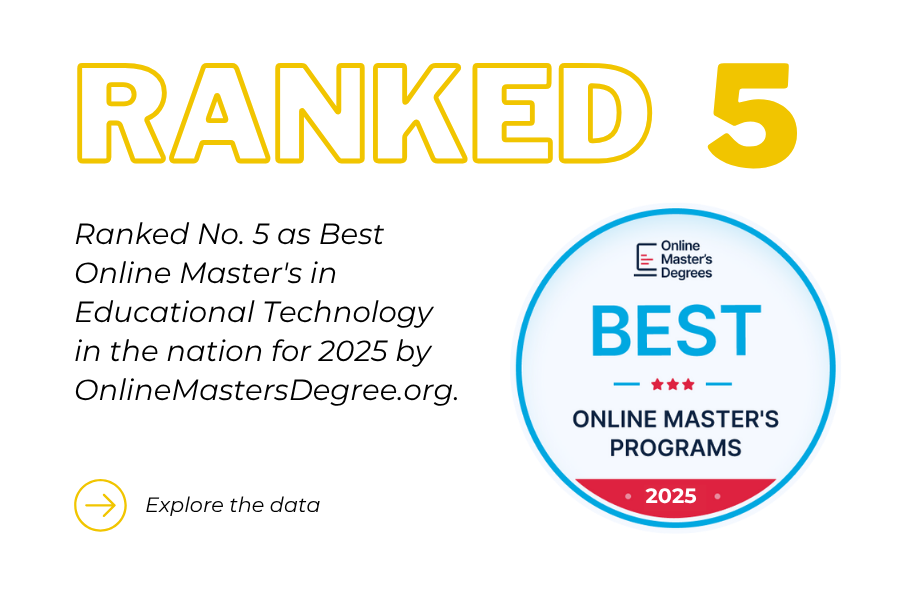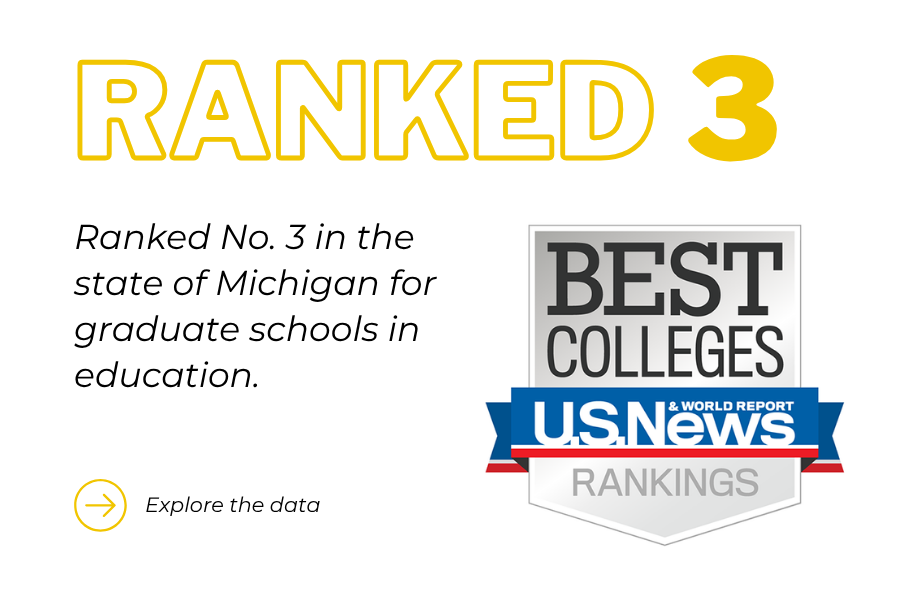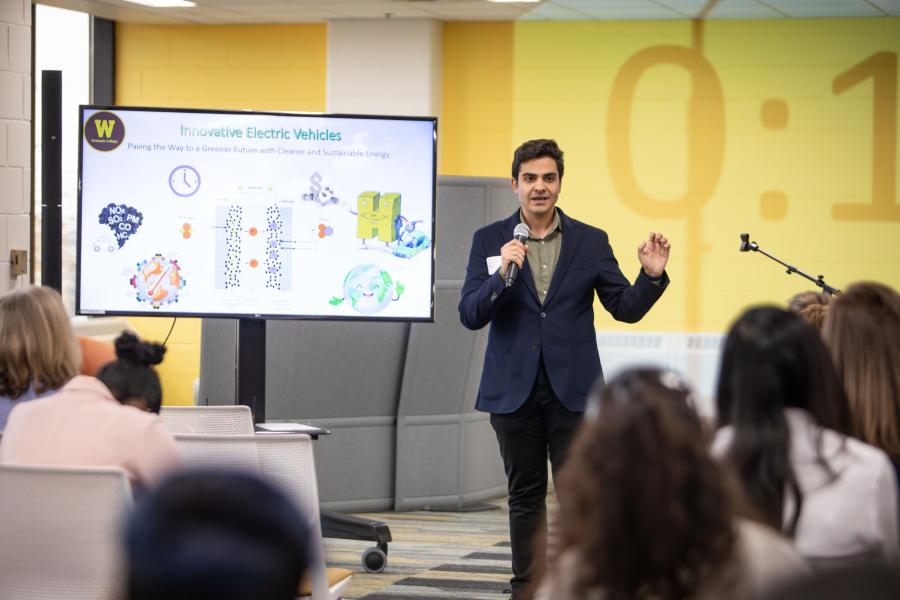Overview
The Educational and Instructional Technology master’s program at Western Michigan University prepares educators and professionals to design, implement, and evaluate technology-enhanced learning environments. Offered fully online, the 30-credit-hour program provides flexibility for working professionals while still maintaining a strong focus on applied, hands-on learning. Students explore instructional design principles, digital learning tools, and strategies for effective technology integration across diverse educational and organizational settings. Courses emphasize practical application, enabling students to immediately connect theory to their own professional contexts. Guided by expert faculty, students learn to analyze learner needs, design engaging digital content, and evaluate technology-driven instructional solutions.
Whether you aim to enhance classroom teaching, lead technology initiatives, or advance in training and development roles, this program offers a clear pathway to expertise in educational technology and instructional innovation.

Meet Monique
Monique Colizzi serves as an Instructor of Business & Risk Management at the Wilson Talent Center (WTC).
Our faculty


Discover more









